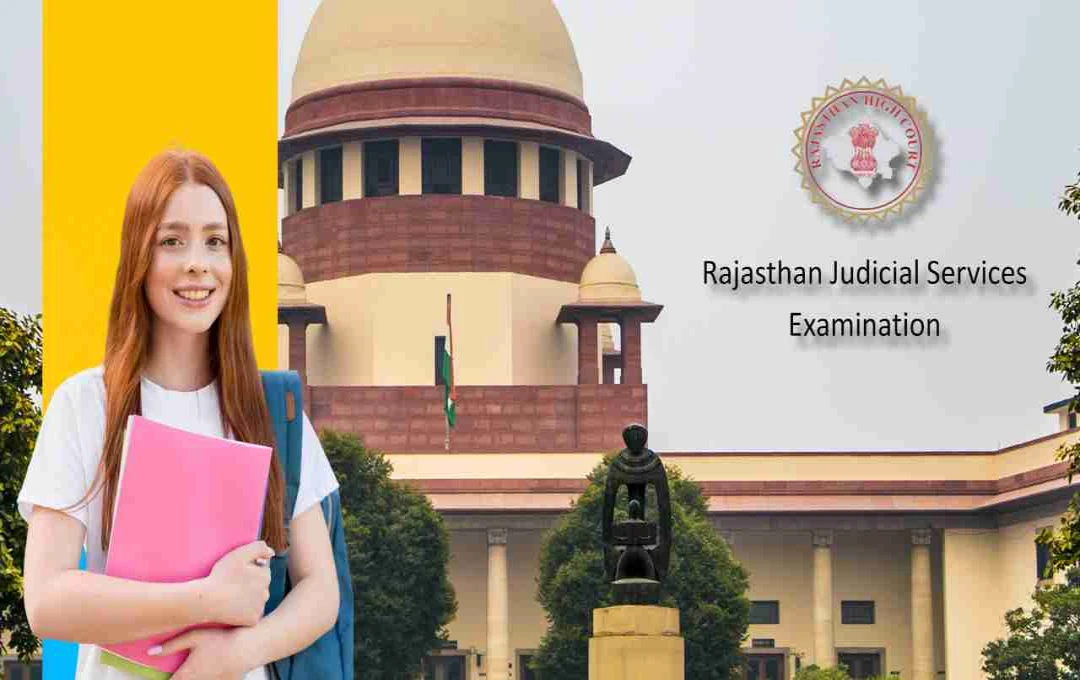The Supreme Court has mandated three years of legal practice experience as a prerequisite for eligibility to appear in the Judicial Service Examination. This rule will be applicable to future recruitments.
Education: The Supreme Court recently delivered a significant ruling regarding candidates participating in the Judicial Service Exam. New candidates directly graduating with a law degree will no longer be eligible to appear in this examination without prior experience. The Court clarified that a minimum of three years of legal practice experience is mandatory for appointment to the Judicial Service. This decision sets a standard for the qualification and experience of candidates joining the judicial service.
Why did the Supreme Court take this decision?
A three-judge bench of the Supreme Court, comprising Chief Justice D.Y. Chandrachud, Justice A.S. Bopanna and Justice JB Pardiwala, delivered this judgment. The Court stated that allowing law graduates to directly sit for the Judicial Service Examination would be inappropriate as inexperienced candidates may not be capable of effectively handling judicial tasks.
The Court also explained that appointing inexperienced candidates to judicial officer positions could affect the court's functioning and the quality of justice. Therefore, a minimum of three years of legal practice experience is necessary for appointment to the Judicial Service, ensuring candidates possess not only legal knowledge but also practical experience.
What are the rules and how will they be implemented?
The Supreme Court has ruled that candidates must have at least three years of legal practice experience to sit for the Civil Judge (Junior Division) examination. This experience must be certified by a lawyer with 10 years of experience at the bar. Furthermore, experience gained as a law clerk will also be considered towards this three-year requirement.

Additionally, candidates will be required to undergo at least one year of training before commencing work in the court. This training will provide them with an understanding of judicial functions and practical experience.
What impact will this have on the current recruitment process?
The Supreme Court clarified that this new rule will only apply to future recruitment processes. In states where the judicial recruitment process has already commenced, this experience requirement will not be enforced. In other words, ongoing recruitments will not be affected by this new rule.
The aim of this decision is to maintain quality and efficiency in the judicial service, thereby improving the judicial process and ensuring transparency in court operations.
What should candidates keep in mind?
Candidates who have recently obtained a law degree must now gain three years of legal practice experience before appearing for the Judicial Service Examination. During this time, they can practice in court or work as law clerks. This experience will strengthen their professional skills and help them better understand the functions of the judicial service.
If you aspire to join the Judicial Service, focus on gaining experience instead of rushing into the examination. Court experience, alongside practical experience, will enhance your capabilities.
How did this case arise?
This case relates to the 2002 amendment to the Madhya Pradesh High Court's judicial service rules, which mandated three years of legal experience for becoming a Civil Judge. Several other states subsequently adopted this rule. However, some candidates challenged this rule, resulting in the Supreme Court's decision.










